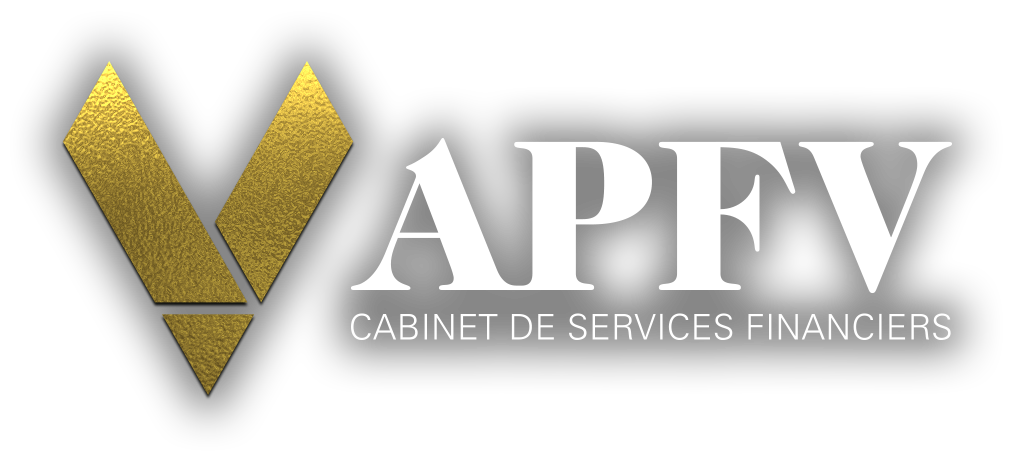3 ways of using your money

In this article, we will look at the main three ways of using one’s money and how to manage it efficiently:
- Spending
Spending is indispensable and let us be real, our only way to survive. We must spend part of our earned money to pay our rent or mortgage, pay our food, clothing, live comfortably, etc. However, today’s society is mainly axed into a consumerist culture. Although there will always be extremists, most individuals remain somewhat conservative spenders, allowing them to make better use of their hard-earned money. When it comes to spending, it is best to pay for essentials first and be strategic when it comes to superfluous items. There is nothing wrong with wanting to enjoy your money, nevertheless, by setting a budget each month for these extraneous expenses and keeping that portion under control will allow you to be more successful.
- Saving
The second way of utilizing one’s money is to save. Most Canadians understand the importance of setting up a savings account at the bank and contributing to it on a regular basis. In case of emergency, having savings can help you overcome any temporary loss of income or allow you to realise a short-term goal such as buying a car or even a vacation package. However, when it comes to saving, it is important to understand that there are two variables called inflation and gross domestic product (GDP), which affect your cash savings. Gross domestic product (GDP) is the total monetary or market value of all the finished goods and services produced within a country’s borders in a specific time period[1]. On the other hand, inflation is the variable that influence consumer prices and therefore your purchasing power overtime. For example, in 2002 (CPI) the Consumer Price Index gave our Canadian dollar the monetary standard value of $100, in 2020, to benefit from the same purchasing power as in 2002, it is necessary to have $136.80.[2] In the long- run, GDP increases through inflation. This can simply be explained by the fact that our national and world’s population keeps growing, we consume more through the purchase of goods and services, and ultimately, the prices of the latter increase. In shorter terms, what you used to be able to buy for 1000$ in 1980, you would need 3109$ in 2020. Therefore, by keeping all your money in your bank account, over the years, you are losing value, because the cost-of-living increases with inflation. Consequently, your $1,000 saving held in a cash account buys you less and less over the years.
- Investing
The third way of using your money, and, you probably have guessed it, the one I prefer is investing it. This approach is the most proactive because it allows you to increase your money. When considering investing, I strongly suggest meeting with a licensed advisor, such as Flavio and myself, who will perform a financial needs analysis and design an investment plan specific and detailed to your needs and in accordance with your accounted risk tolerance and time horizon. Diversification should also come into place when creating your investment portfolio. Ever heard of the expression ‘do not put all your eggs in one basket? Well, diversification is exactly this: a risk management strategy that involves using different types of financial products such as fixed income, equities, cash, and equivalents to limit the exposure to a unique category and risk.
The comments contained herein are a general discussion of certain issues intended as general information only and should not be relied upon as tax or legal advice. Please obtain independent professional advice, in the context of your particular circumstances. This video was designed and produced by Flavio and Violetta Vani, an Investment Funds Advisor with Investia Financial Services Inc., and does not necessarily reflect the opinion of Investia Financial Services Inc. The information contained in this article comes from sources we believe reliable, but we cannot guarantee its accuracy or reliability. The opinions expressed are based on an analysis and interpretation dating from the date of publication and are subject to change without notice. Furthermore, they do not constitute an offer or solicitation to buy or sell any securities. Mutual Funds are offered through Investia Financial Services Inc. Commissions, trailing commissions, management fees and expenses all may be associated with mutual fund investments. Please read the prospectus before investing. Mutual funds are not guaranteed, their values change frequently, and past performance may not be repeated
[1] Investopedia, Gross Domestic Product. https://www.investopedia.com/terms/g/gdp.asp.
[2] Statistique Canada, Indice Des Prix à la consommation mensuel, non désaisonnalisé, sommaire (1971-2020)





